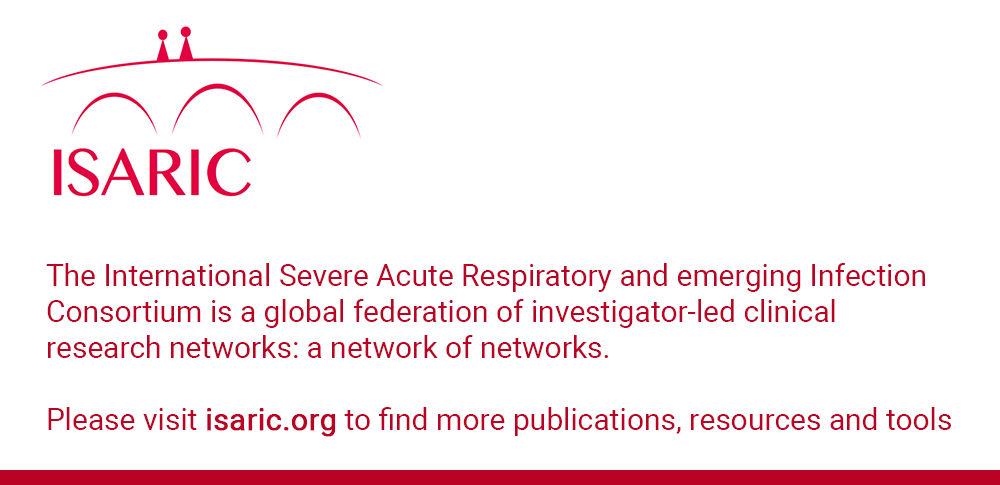
This article is part of the network’s archive of useful research information. This article is closed to new comments due to inactivity. We welcome new content which can be done by submitting an article for review or take part in discussions in an open topic or submit a blog post to take your discussions online.
Oxford, 30 June 2017 -- Dr Bozza, one of ISARIC’s regional representatives for the Americas and Head of Critical Care, National Institute of Infectious Diseases, FIOCRUZ, Rio de Janeiro, will be sharing his experiences of the challenges of scientific collaboration during the recent Zika outbreak in Brazil with an audience at the University of Oxford on the 6th of July 2017 .
Dr Bozza, who first alerted ISARIC to the growing Zika threat in Brazil at a meeting in London in 2015, will offer insights into the outbreak response to Zika and review the evolution of the outbreak in Brazil and explore what worked and what did not work from a clinical researcher’s point of view. Further information about the seminar can be found here.
In October 2015 Brazil reported an association between Zika virus infection and microcephaly. Based on a systematic review of the literature up to 30 May 2016, the World Health Organization (WHO) has concluded that Zika virus infection during pregnancy is a cause of congenital brain abnormalities, including microcephaly; and that Zika virus is a trigger of Guillain-Barré syndrome. Intense efforts are continuing to investigate the link between Zika virus and a range of neurological disorders, within a rigorous research framework.
The seminar, which will take place on Thursday 6th July 2017, is being hosted by the University’s Centre for Tropical Medicine and Global Health.
Also By
- Effect of Hydrocortisone on Mortality and Organ Support in Patients With Severe COVID-19
- What is the recovery rate and risk of long-term consequences following a diagnosis of COVID-19? - A harmonised, global longitudinal observational study
- An open-label, randomized, non-inferiority trial of the efficacy and safety of ciprofloxacin versus streptomycin + ciprofloxacin in the treatment of bubonic plague (IMASOY): study protocol for a rando
Related Articles
-
SAMHD1 Enhances Chikungunya and Zika Virus Replication in Human Skin Fibroblasts
BY Wichit et al. -
Spatiotemporal Analysis of the Population Risk of Congenital Microcephaly in Pernambuco State, Brazil
BY Alexander et al. -
ZIKAlliance Kick-off Meeting in Brazil
BY ISARIC -
Viral emergence and immune interplay in flavivirus vaccines
BY Fischer et al. -
The association between Zika virus infection and microcephaly in Brazil 2015–2017: An observational analysis of over 4 million births
BY Brady et al.